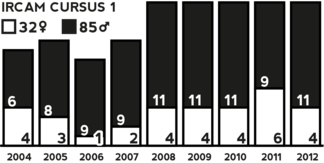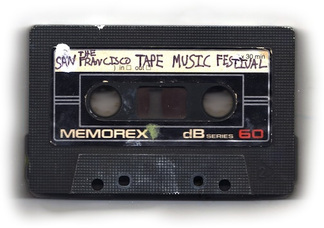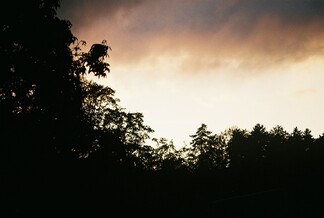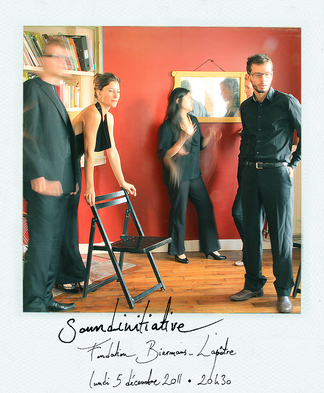
Last year for International Women’s Day, I took a look at the orchestras of Manchester and how women were represented in their activities. Since then I have moved to Paris and seeing as I am studying at IRCAM, it seemed apt to investigate how well female composers are represented at this institution. Initially, my curiosity was sparked by a particular decorative feature in the staircase of IRCAM’s main building: the walls are hung with shadowy portraits of composers who have worked here in one capacity or another. I counted the portraits; there are forty running all the way up four flights of stairs, but save for the photographs of Florence Baschet, Kaija Saariaho and Cecile Le Prado, they are all of men.
With that rather unscientific measure in mind, let’s look at the course on which I’m studying at the moment. This year’s class contains 6 women and 9 men, which while not perfectly equal ranks as quite balanced considering I have previously been on courses where female participation was less than 10%. There is an online archive of the composers who have studied on Cursus 1 since 2004, so I put together this table to see how the demographics develop over time:

Over nine years, the mean female participation is 27%, once dropping as low as 10% (in 2006/07) and only twice hitting its peak of 40%.

As a way of seeing how this is reflected in IRCAM’s public-facing programming, I counted up the composers being performed in IRCAM’s 2011/12 Paris season (without counting the Cursus 1 concerts at the end of this month). This programming is highly varied and includes young composers involved with Cursus 2 or the Tremplin project with Ensemble intercontemporain, as well as performances by various invited groups and composers in residence. Of 36 composers performed, 4 were women — 11%.
There are deep-rooted and complex reasons behind these disappointing figures, and I don’t wish to pin the blame solely on IRCAM for the imbalances — the apparent filtering out of women certainly begins much earlier in their career paths — but I do think it is important to raise awareness of these issues. The continued celebration of any cultural role — such as that of the composer, but an even more extreme case is that of the orchestral conductor — which appears to be systemically male-dominated is in need of scrutiny. I would be very interested to hear thoughts on how best these inequalities might be adressed or why the numbers look like they do.
In the meantime, International Women’s Day is about celebrating women’s achievements, so get listening to some of my talented colleagues Tatiana Catanzaro, Elvira Garifzyanova, Heera Kim, Diana Soh, Lisa Streich and Ying Wang, or if you have Spotify, plug yourself into Tim Rutherford-Johnson’s IWD-themed playlist.
Update, 10/03: Two people have suggested that perhaps female representation on Cursus 1 might correlate with the presence of women on the juries that select students. This seemed slightly dubious to me, but the archives also list jury members, so I was able to do some further analysis (PDF, 76kb). It shows no clear relationship between the two, but it does allow us to note that over the last nine years just 11% of the Cursus 1 jury members have been female.




